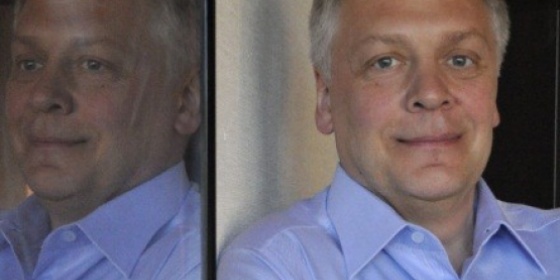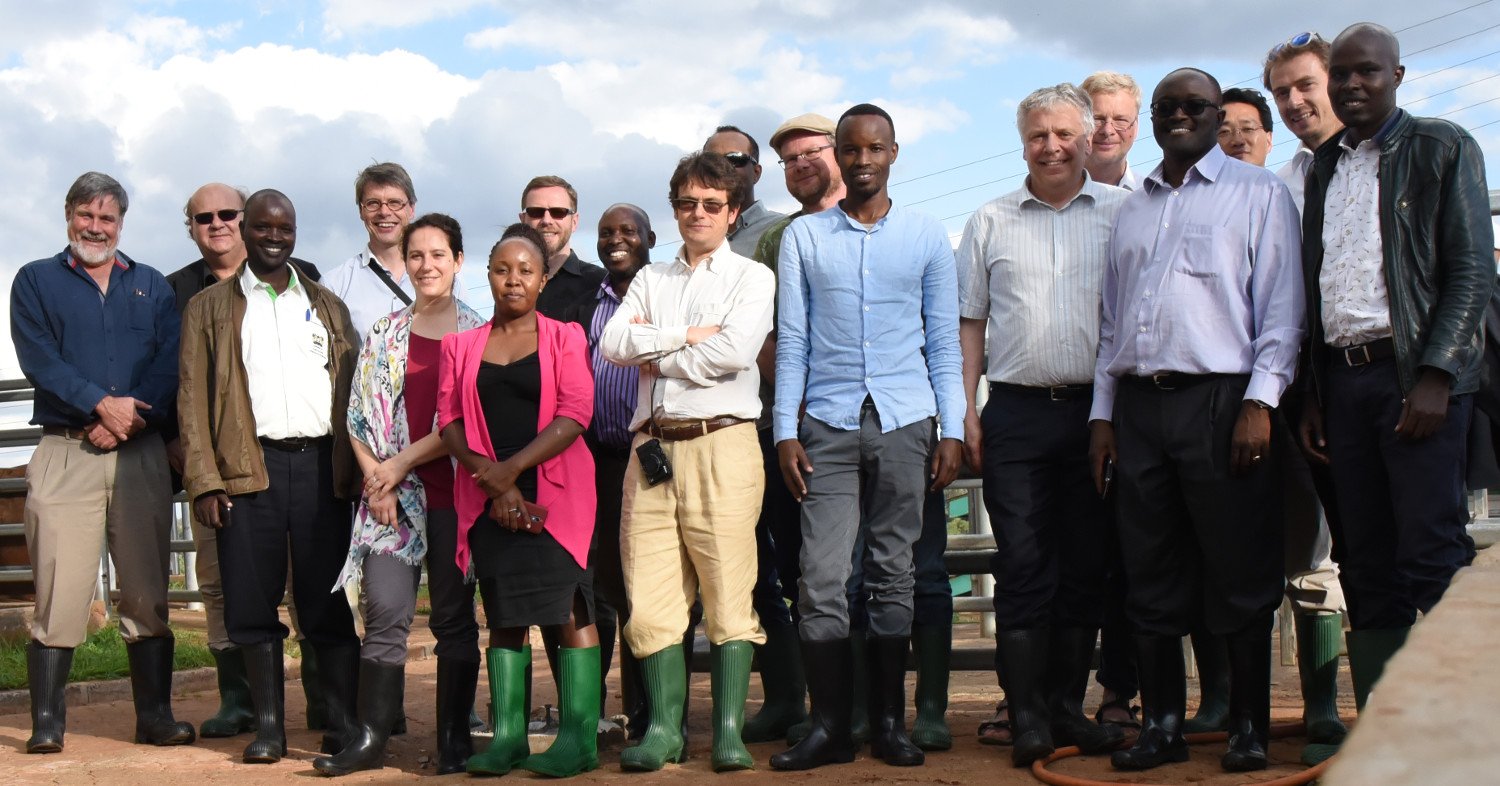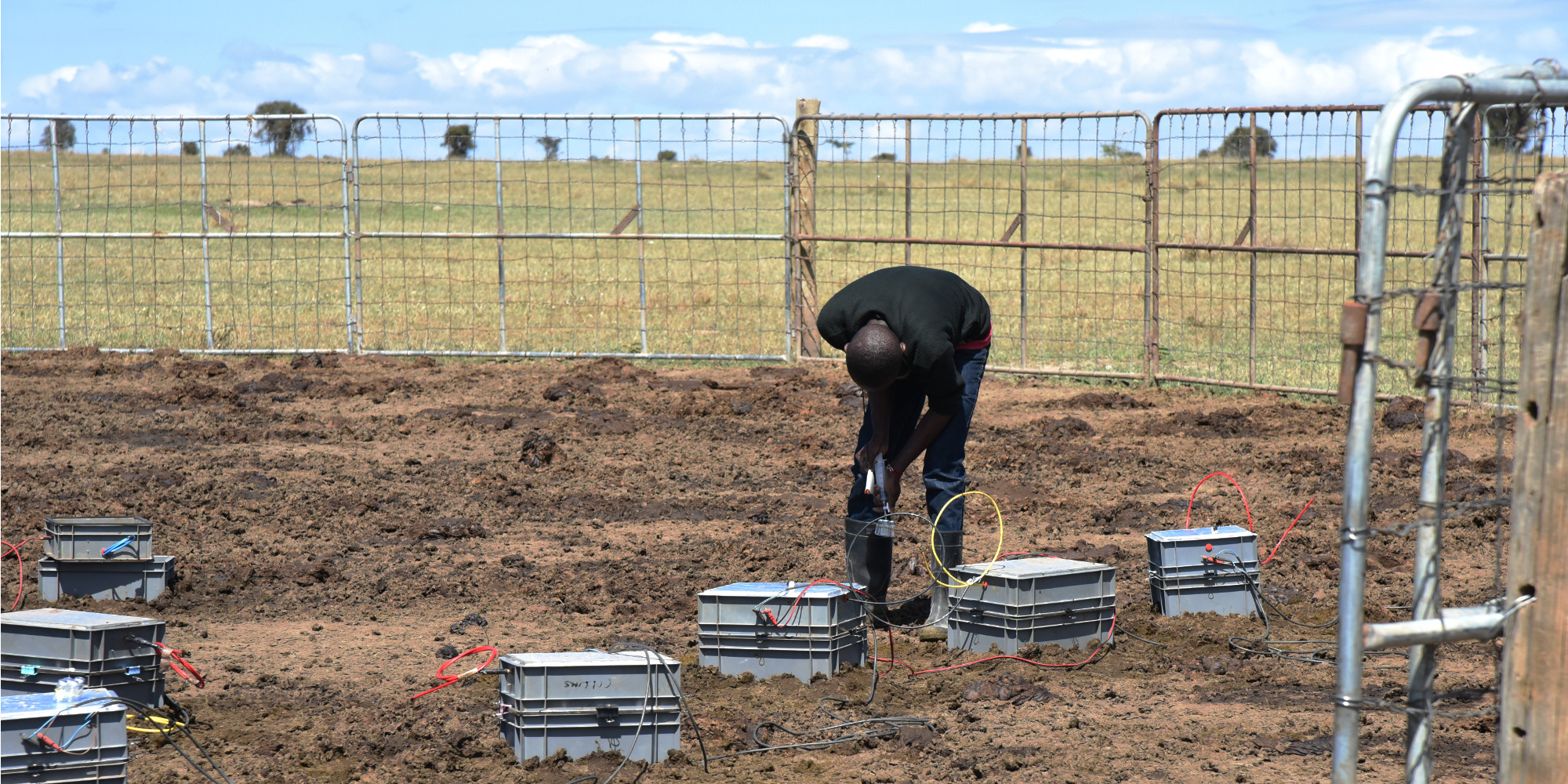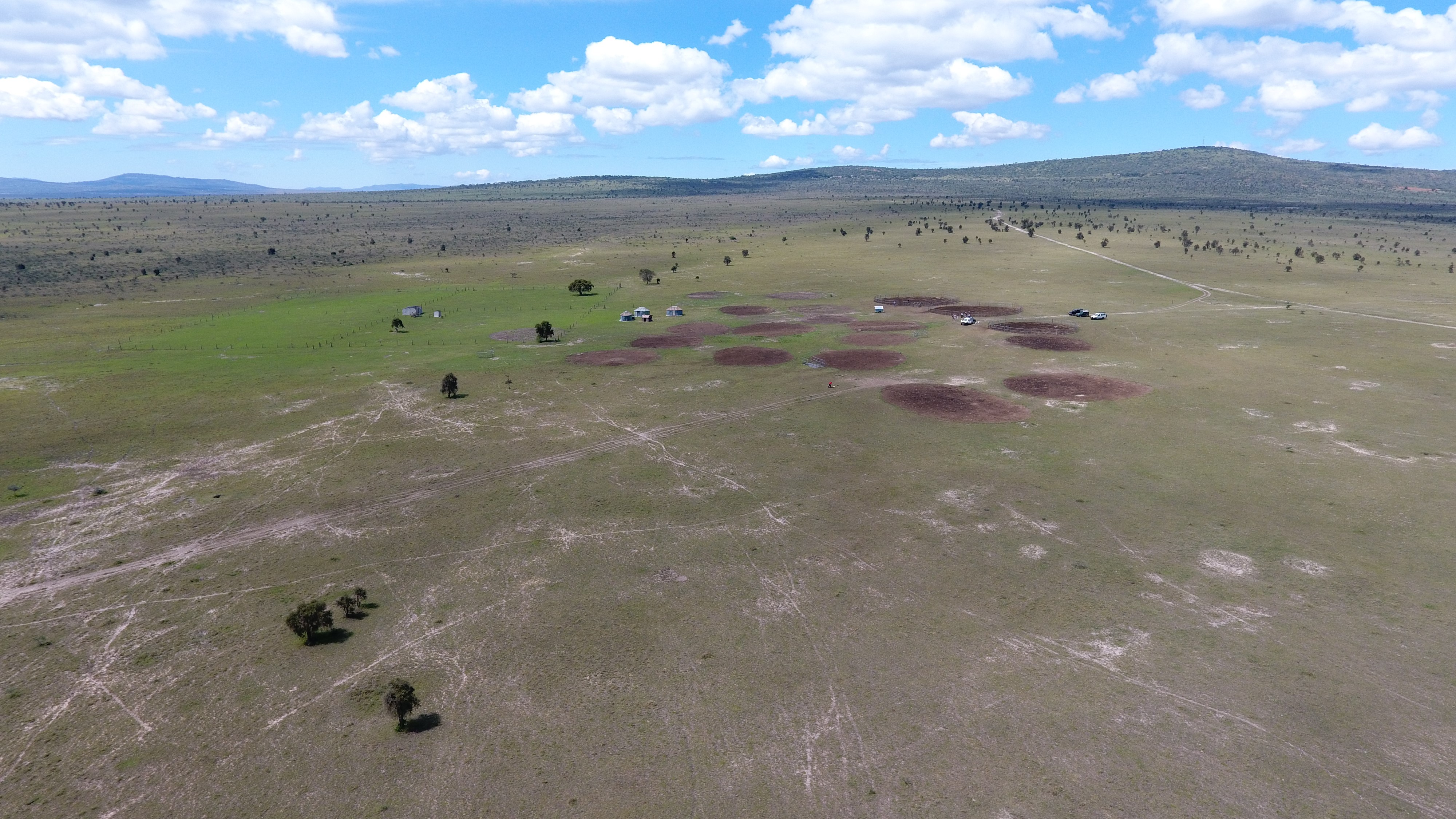
It was a strange situation: we were driving through a remote village in Kenya when Klaus suddenly read from the news that Trump had announced the US was leaving the Paris agreement with the words “Pittsburgh is more important than Paris.” Well, the mayors of Pittsburgh and Paris have already commented on this as have many others. Instead, I want to look at this from a completely different perspective:
The people in rural Kenya are facing a severe dry spell during these days. The wet season brought only half of the usual rain. This might still be a normal fluctuation or a first impact of climate change, in the end it does not matter: Africa will be severely affected by climate change and has to take measures to adapt. African governments are focusing on that in their INDCs and they have also taken the responsibility of developing clean energy pathways to avoid future fossil fuel emissions. It was impressive to discuss this in the first stakeholder meeting of the new H2020 project SEACRIFOG that was kicked off last week at Nairobi.
SEACRIFOG is a design study for a pan-African observational system on radiative forcing (greenhouse gases and aerosols) taking into account:

- Land use, land-use change and climate-smart agriculture,
- Making allowance for future trajectories in transport, electricity and industry and related emission scenarios,
- Oceanic sources and sinks around Africa,
- Uncertainties in future ecosystem fluxes (e.g. GPP),
- National reporting demands in the UNFCCC framework,
- Sustainable Development Goals, and
- A concept for data access and interoperability.
This design study will probably suggest a multi-purpose system. Atmospheric observations might combine state-of-the-art in-situ observations after the ICOS station specification combined with FTIR stations to increase the ground truthing for current and future satellites. 14C measurements could be added as soon as laser technology is available. Current 14C measurement technologies may be logistically too complicated. Nevertheless, the observational network should be able to provide proxies for estimation of fossil fuel emission rates. It should provide knowledge for African governments to further develop their pathways towards clean development.

Also, the concept for ecosystem observations has to be adapted severely for serving African purposes. Continuous observations in natural ecosystems with low disturbance are by far not enough for Africa. Emissions from changes in land use and climate-smart agriculture are much more needed. The latter will ideally show that increase in production and resilience of the farming systems and with that income of the farmers can increase without increasing emissions.

Our host of the Kickoff, the Mazingira Centre at ILRI is working on this. They are using state-of-the-art technology to derive carbon, nitrogen and greenhouse gas balances of livestock systems. It was impressive to see the competence and the enthusiasm of the staff running the Centre as well as meeting the creative and highly motivated people of the Kapiti Plains Farm carrying out experiments to improve livestock systems. Their consultancy can improve thousands of livelihoods.
ILRI has a broad international funding and the Paris Agreement has become an important driver for these cooperative approaches for mitigation of and adaptation to climate change. It’s including important developmental aspects and with that acknowledges that every member of the human family counts no matter whether born in Pittsburgh, Paris or Nairobi. I hope the civil society in the US is resilient enough to counteract this reckless behaviour of its government. And I hope that the rest of the world just moves on and more and more acknowledges that climate change can only be mitigated as a common and cooperative effort.
